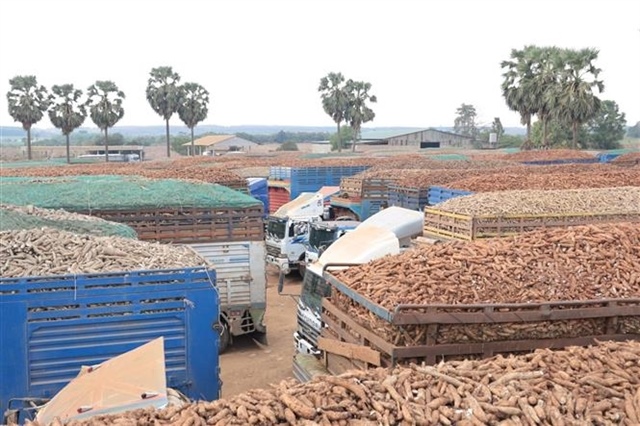Agricultural by-products - a new way for eco-fair agri-food products in Viet Nam
Agricultural by-products - a new way for eco-fair agri-food products in Viet Nam
A project titled on Eco-Fair Agri-food processing products in Viet Nam, funded by the European Union with EUR1.5 million through the EU’s SWITCH-Asia Programme, cooperated with the Department of Science and Technology under the Ministry of Agriculture and Rural Development on Wednesday to hold a workshop on agricultural by-products – renewable resources.

The workshop shares experiences in eco fair development, advocating an environment for sustainable production in general and agricultural by-products as a renewable resource. Policies on the management and effective use of by-products in agricultural production were discussed, as well as encouraging investment in processing and application of circular economy in agriculture.
Jesus Lavina, Deputy Head of Co-operation of the EU Delegation to Viet Nam, said: “For decades, the European Union has been a leader in addressing global challenges like climate change, environment, and sustainable consumption and production (SCP) approaches."
“For instance, through carbon sequestration in healthy soils, or providing alternative renewable sources like biogas, agricultural by-products or waste to energy approaches,” he added.
Dr. Nguyen Bao Thoa, director of Viet Nam Rural Industries Research and Development Institute (VIRI), said: “The Eco-Fair project goals are promoting sustainable production and consumption of eco-fair agri-food processing products in Viet Nam, to contribute to the economic prosperity and poverty reduction and the development of sustainable livelihoods and a green economy for a transition toward a low-carbon, resource-efficient and circular economy in Viet Nam.
"We aim to inspire sustainable values for society and the environment through raising awareness and capacity of the business and consumer community, towards changing the behaviour of businesses on sustainable production, effective management of agricultural by-products as a core element of circular agriculture; promote green growth, climate-resilient agriculture; develop codes of conduct for sustainable production and consumption in the industries, and establish a government advocacy network for sustainable production and consumption policies to support these goals."





















